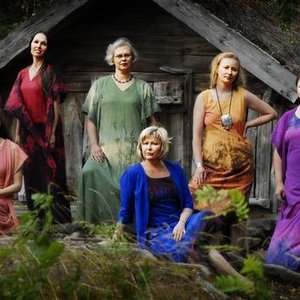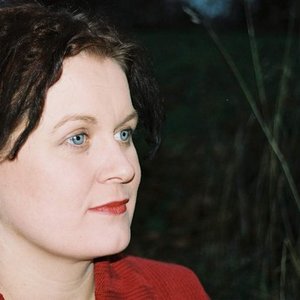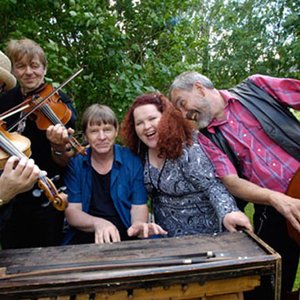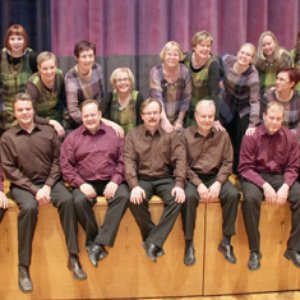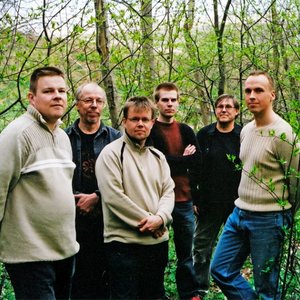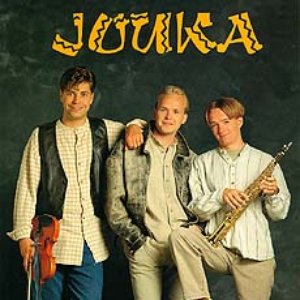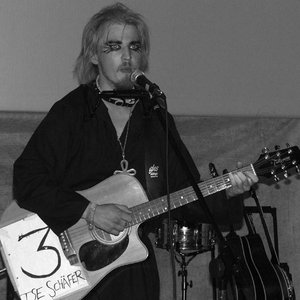Biography
-
Years Active
1992 – present (32 years)
-
Members
- Anita Lehtola
- Anna-Kaisa Liedes
- Anneli Kont-Rahtola
- Eila Hartikainen
- Maari Kallberg
A collaboration between Toorama from Mordova, Russian Federation and MeNaiset ("We Women"), a Finnish polyphonic a capella group consisting entirely of female vocalists. Together they released the 2001 album Mastorava.
The seven members of MeNaiset are Anneli Kont-Rahtola, Outi Pulkkinen, Sirkka Kosonen, Anna-Kaisa Liedes, Maari Kallberg, Eila Hartikainen, Maija Karhinen. They sing folk songs from the Finno-Ugrian peoples of the North-East of Europe, such as Mordovia, Seto, Ingria and Karelia. They have toured most European countries from 1993 until today with expressive and imaginative live performances. On their own, they released one eponymous album in 1995 (see www.me-naiset.net/ for more information).
Created in 1990 by four researchers of Mordvin language and traditions across the USSR, Toorama was originally a choir of nine men. Eventually, Vladimir Romashkin, a researcher and documentary film maker, emerged as the group’s front man. Eager to communicate in Russian and Erzya with audience, he made extensive introductions into every song and dance tune, traditions and rituals of Mordvin peoples, that became integral parts of each performance.
The group enjoyed popularity both locally (receiving the State Prize of the Republic) and on Moscow level (receiving in 1994 the Gold Medal and the Grand Prix of All-Russian Traditional Music Contest "Voices of Russia"), as well as in Finno-Ugric cultural events in Finland, Estonia etc. Its Finno-Ugric ties eventually brought forward the Latinized spelling of the group's name via "oo" for long "o" instead of single "o" used in its Russian name Torama.
The group appeared at traditional music and jazz+traditional music festivals in Estonia, Latvia, Poland, Sweden, and UK. After several years, their repertoire evolved to include a richer instrumental part, made possible with reconstruction of extinct Mordvin instruments such as garzi violin. In 2002, the instrumental compositions became an important part of each performance and evolved into a separate direction of the group's activity.
In 2002, Vladimir Romashkin died. In his memory, a memorial museum was opened in his native village of Podlesnaya Tavla. The group, while dropping its activity rate for several years, remained and continued its work, staying the standalone Mordvin traditional ensemble with the longest discography.
In 2007, a new animated movie Kuigorozh (upon a Mordvin tale) by Pilot Animation Studio in Moscow was released, making use of extensive consultations on Erzya and Moksha folklore with group's management and the group's music as a soundtrack.
Artist descriptions on Last.fm are editable by everyone. Feel free to contribute!
All user-contributed text on this page is available under the Creative Commons Attribution-ShareAlike License; additional terms may apply.


